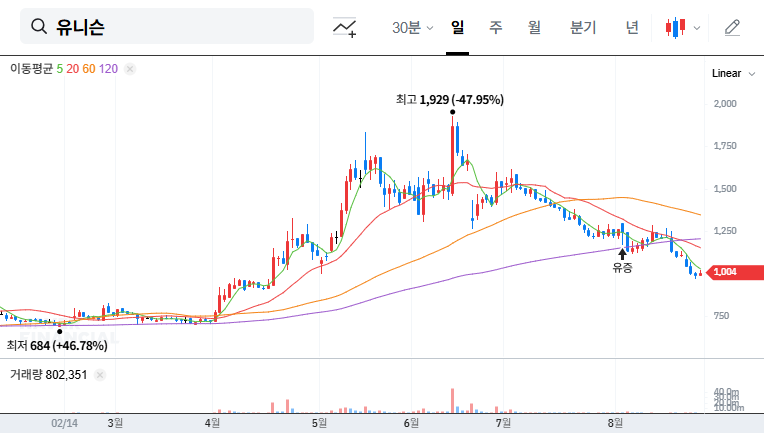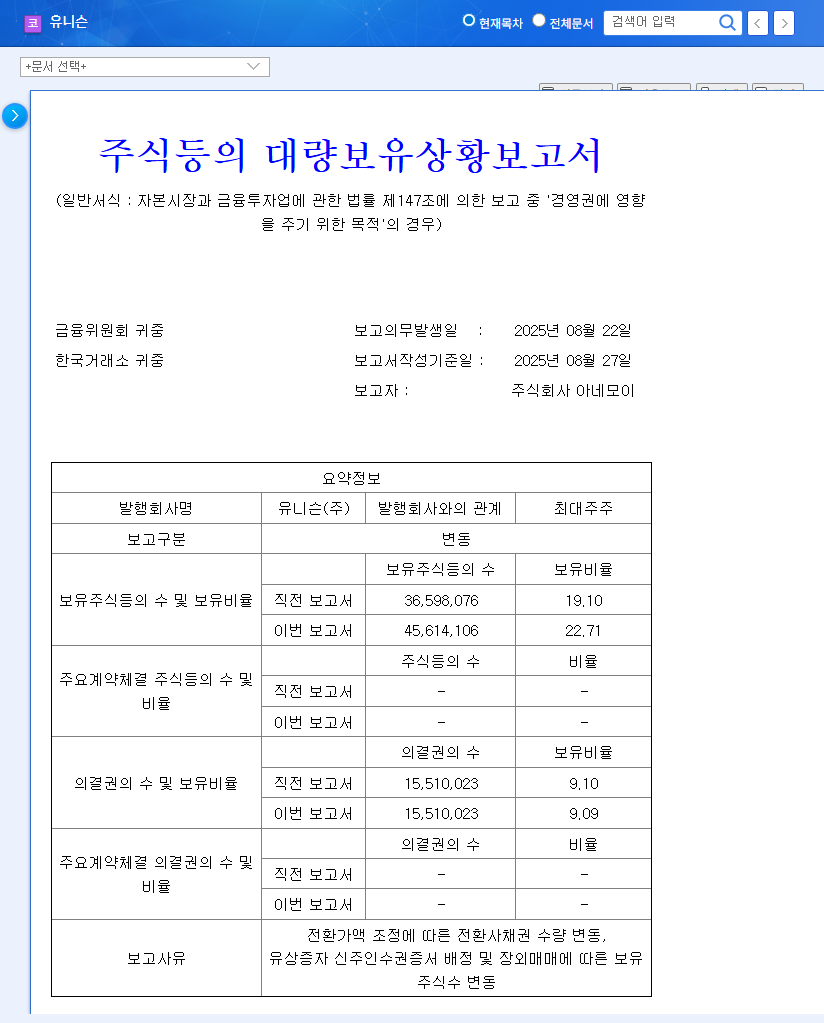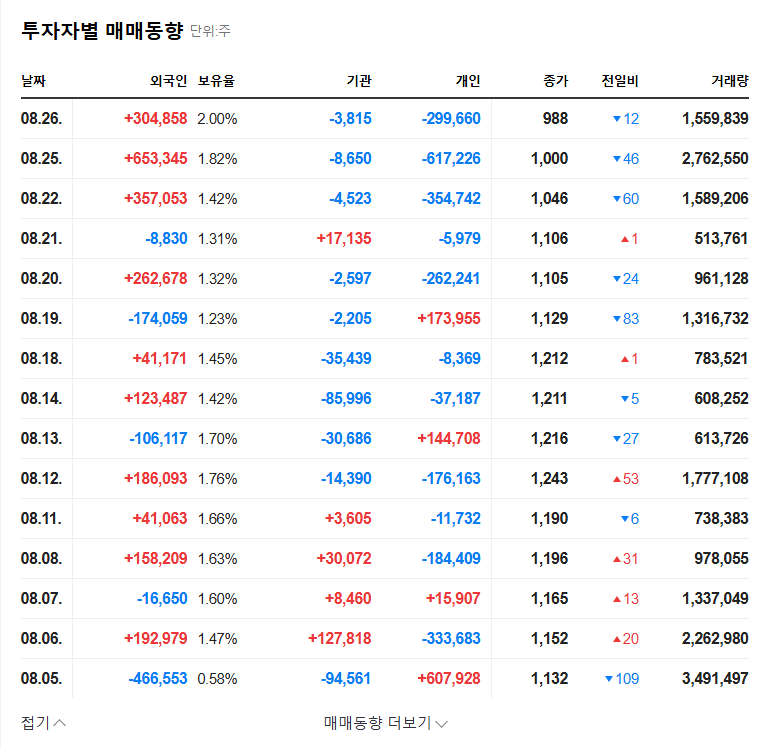
CS Wind Inks $42M Supply Deal with Vestas
CS Wind will supply wind towers to Vestas American Wind Technology for a period of approximately six months, starting from September 17, 2025, and ending on April 3, 2026. The contract is valued at $42 million, representing 1.8% of CS Wind’s revenue in the most recent fiscal year.
Contract Significance: US Market Expansion and Growth Momentum
- Revenue Growth and Stable Foundation: This contract will not only contribute to short-term revenue growth but also strengthen CS Wind’s presence in the US wind market, securing long-term growth momentum.
- Global Customer Acquisition and Enhanced Credibility: The continued partnership with Vestas, a global leader in wind turbine manufacturing, validates CS Wind’s technological prowess and reliability.
- Synergy between Onshore and Offshore Wind Businesses: The onshore wind tower supply contract provides a stable revenue base and is expected to accelerate growth through synergy with the expansion of the offshore wind business.
CS Wind from an Investment Perspective: Opportunities and Risks
- Positive Factors:
- Growth of the global wind market, particularly the expansion of the US wind power market driven by the IRA policy.
- Securing growth potential through business diversification by entering the offshore wind business.
- Potential Risks:
- Volatility in raw material prices and exchange rates.
- High debt-to-equity ratio.
- Possibility of changes in US policies.
Investment Strategy: A Medium to Long-Term Approach
While there may be short-term stock price volatility, CS Wind is expected to benefit from the growth of the global wind market, making it a potential investment consideration from a medium to long-term perspective. However, continuous monitoring of potential risk factors such as raw material prices, exchange rate fluctuations, and debt-to-equity ratio is necessary.
Frequently Asked Questions
How much will this contract contribute to CS Wind’s revenue?
$42 million, representing 1.8% of its revenue in the most recent fiscal year.
What is CS Wind’s main business?
Manufacturing and supplying wind towers, as well as offshore wind substructure business.
What are the key points to consider when investing?
Investors should consider factors such as fluctuations in raw material prices and exchange rates, high debt-to-equity ratio, and potential changes in US policies.




